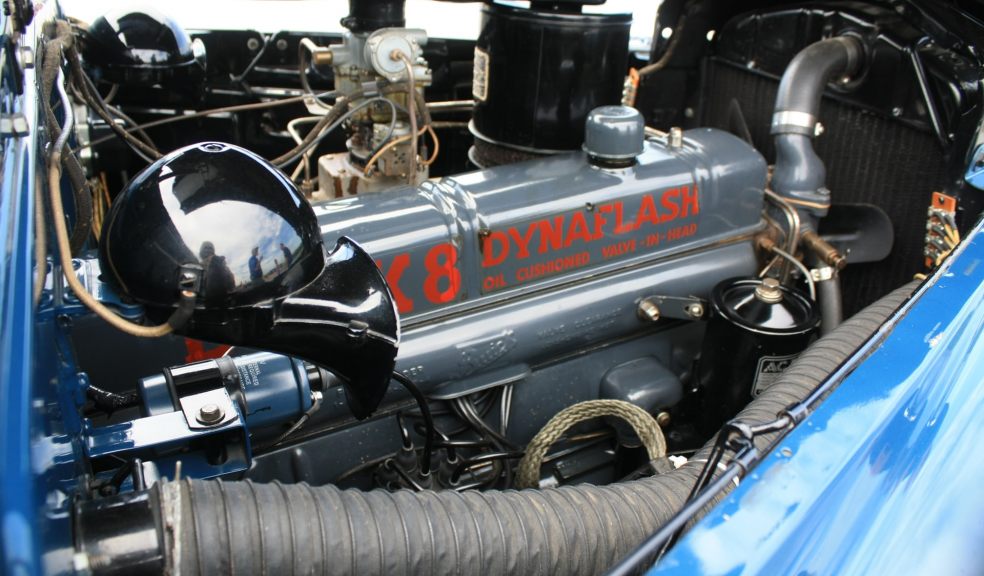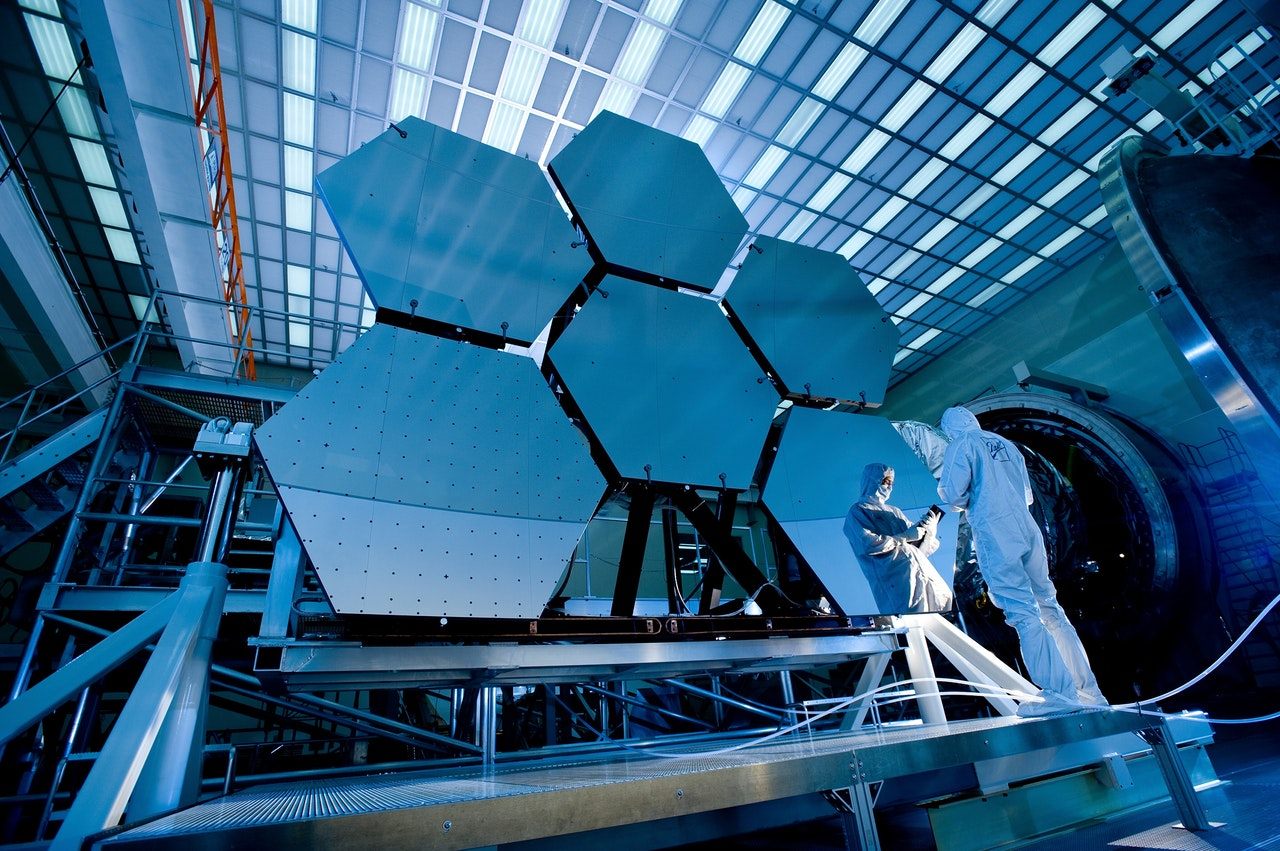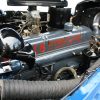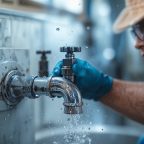
Where to Find Custom Built Personal Generators
Electrical generators are machines that help meet all our electricity needs. Generators provide electricity when power from a grid is unavailable. In general, generators come in all shapes and sizes. For example industrial applications are aid in providing backup power to major factories, businesses, or whole homes during power outages. However, sometimes they are used as a stand alone electricity generation machine for communities that are not hooped up to the grid in remote areas.
Industrial generators are frequently used in major construction sites to power up all the lights and tools needed during the development stage. Similarly, there are personal generators that provide electricity for smaller household items or individual things. These generators are usually used as back-up to provide power only to essential appliances, such as a fridge or a few tools when off the grid. Smaller electrical generators can be small and portable and depending on the power source they can be used indoors.
How Generators Work
Generators convert either mechanical or chemical energy into electrical energy by squeezing electrons from an external source to an electrical circuit. These electrons are generated from a motor that is being driven by mechanical motion through the burning of fuels such as diesel, natural gas, propane, or gasoline. Since generators burn fossil fuels and may run continuously it is important that a cooling system or ventilation system is in place to remove heat. Also, the fumes emitted can be very toxic and must be filtered and directed away from humans.
Inverted Generators
Inverter generators convert AC power from fuels into DC power which is inverted to create a sine wave energy. This sine wave energy does not experience a large range in current spikes. Other types of inverter generators that are not fuel powered are called inverter generators. These generators are powered by other methods such as batteries or renewable energy like wind or solar, according to Krugerpower.com.au. Additionally, inverter generators are safer for sensitive electronics such as computers that require a stable sine wave power. These machines come at a premium price, but they run longer, quieter, and more efficiently. Inverter generators are also lightweight and easy to carry and are perfect for taking to camping trips or other recreational uses. Inverter generators are usually much quieter and suitable for indoor use. They usually have features built into them to reduce noise and operate between 50-60 decibels. Additionally, inverter generators are also very fuel efficient because they can adjust idle motor speed as necessary and thus using only as much energy as needed. The downside to inverter generators is that they are more expensive and have a lower power output compared to regular power generators.
Generators for Industrial Use
Generators required for large work capacities such as mining operations, large farms, and construction complexes are usually custom built in accordance with the client's needs. Some of the larger industrial generator manufacturers world wide include; Siemens, Kohler, Genelite, Eniquest, Action, Aggreko, Caterpillar, Volvo, Kuboto, Perkins, Cummins, FG Wilson, Ingersoll Rand, Himoinsa, Kirloskar, and Manlift. Many other companies have the capabilities to produce industrial generators. Custom builds generators can range from 10 kVA to 3000 kVA. Some of the benefits of custom generators are that they are built according to project requirements by addressing specific power management needs. Clients have the option to choose between an ATS or control panel, fuel delivery system customization, can be either open, in a canopy, or container, made out of materials which are weather resistant such as stainless steel, can be designed to minimize noise and with specific voltage output or connectors. Some important questions that need to be answered before buying such a generator include the following; How much power is needed? What voltage control is needed? Should one buy a single phase or three phase generator? What fuel type should be used? How much noise level is made? What cooling system to use? Is the generator easily movable? Maintenance and upkeep costs?

It is important to have key answers for all these questions that are based on proper engineering judgement. Hiring an electrical engineer to do a proper evaluation of your needs and find the answers to the above questions is always a good idea before you commit to buying an industrial generator which can be very expensive. Another good idea is to look at used or surplus generators that are refurbished. Well-maintained generators have a lot of life left. Thus, good suppliers can perform a proper inspection and look through maintenance records to evaluate their worthiness.



















